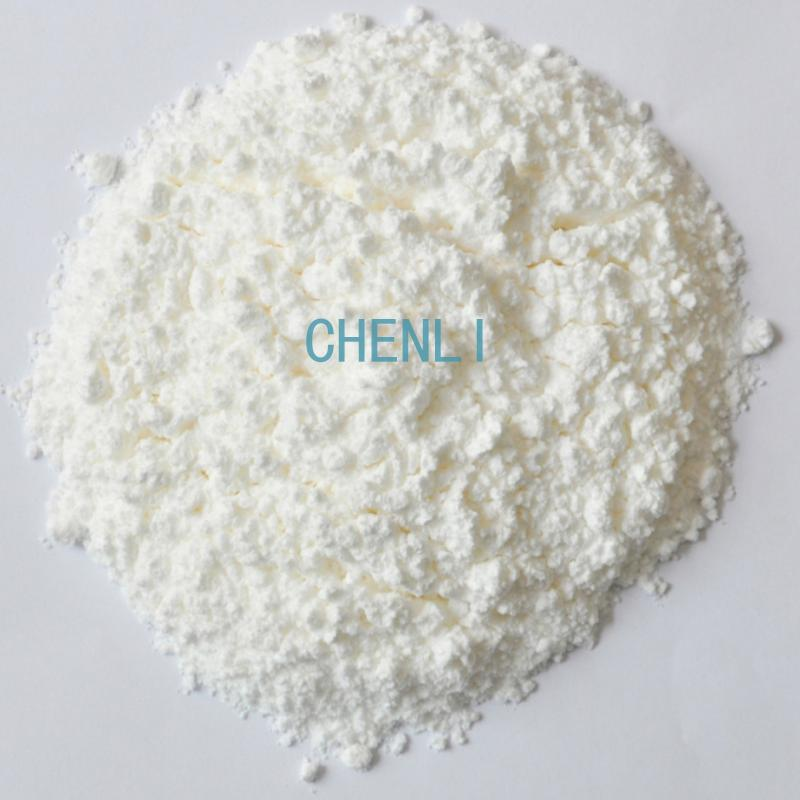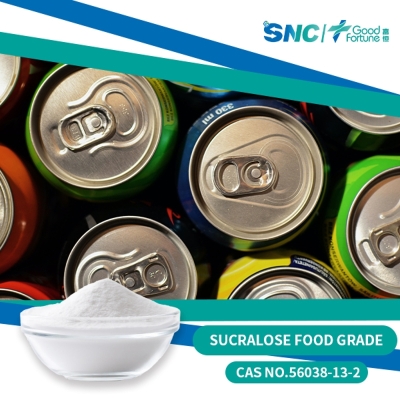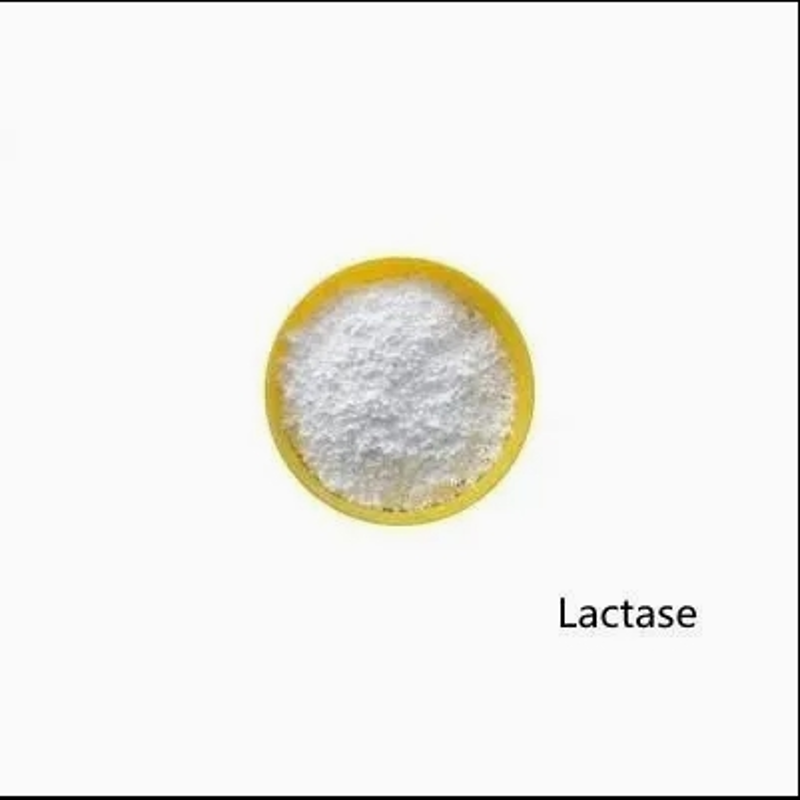-
Categories
-
Pharmaceutical Intermediates
-
Active Pharmaceutical Ingredients
-
Food Additives
- Industrial Coatings
- Agrochemicals
- Dyes and Pigments
- Surfactant
- Flavors and Fragrances
- Chemical Reagents
- Catalyst and Auxiliary
- Natural Products
- Inorganic Chemistry
-
Organic Chemistry
-
Biochemical Engineering
- Analytical Chemistry
-
Cosmetic Ingredient
- Water Treatment Chemical
-
Pharmaceutical Intermediates
Promotion
ECHEMI Mall
Wholesale
Weekly Price
Exhibition
News
-
Trade Service
Brazil's Ministry of Agriculture, Livestock and Food Supply (Mapa) will soon announce approval for the registration of new products containing clopidobacteramide.
floxolamine can be used to control pests in potato, coffee, sugar cane and soybean crops, as well as diseases in cotton, beans, corn and soybeans.
fluoropiphenolamide is an highly effective compound that has been approved by Regulators in Europe, the United States and Australia to combat diseases such as gray mold, white powder disease, speckled deciduous disease, mycobacterial disease and Candina disease.
in Brazil also demonstrated its effectiveness in the fight against pratylenchus brachyurus.
s a new option for controlling verses," said Carlos Venancio, general coordinator of pesticides and related products at the Ministry of Agriculture.
are usually not easy to see, but the damage to agriculture is considerable.
is less toxic than the products on the market.
"due to the suitable soil and climatic conditions in Brazil, the pest hazard is becoming more and more common.
the novel mode of action of efocylamide-based products, which will become an important tool to help farmers control the worm.
compared with the current commercially available products, the amount of clopidobacteramide is lower, the amount of packaging required and the amount of dosage on crops are reduced.
from a toxicology and environmental perspective, all studies and information submitted, as well as the recommendations in the packaging instructions, have been evaluated and approved by relevant regulatory authorities, including Anvisa and Ibrama.
, the product is considered to be safe for human health and the environment.







